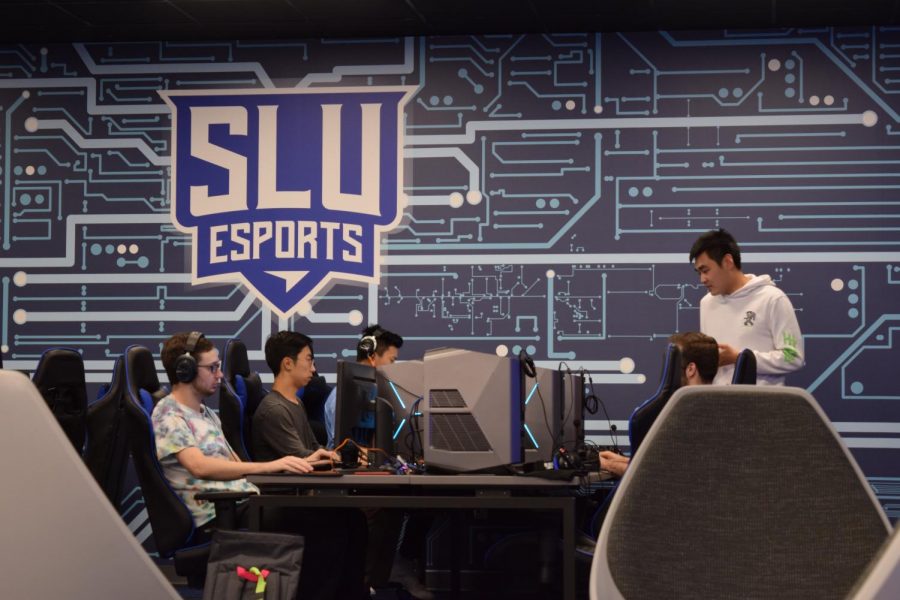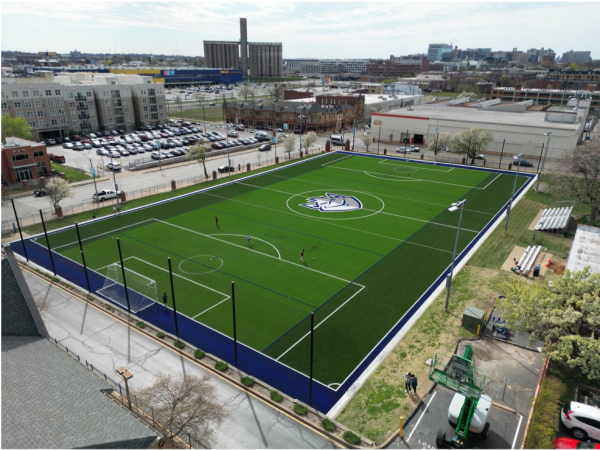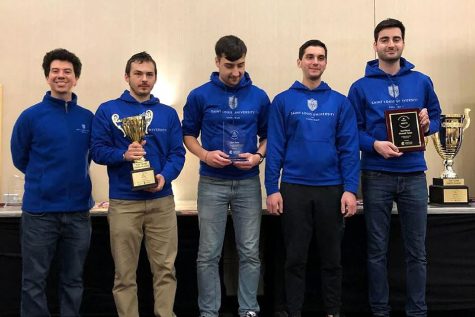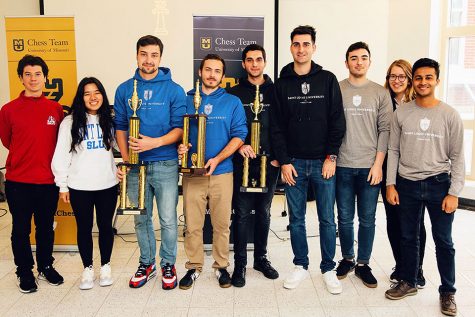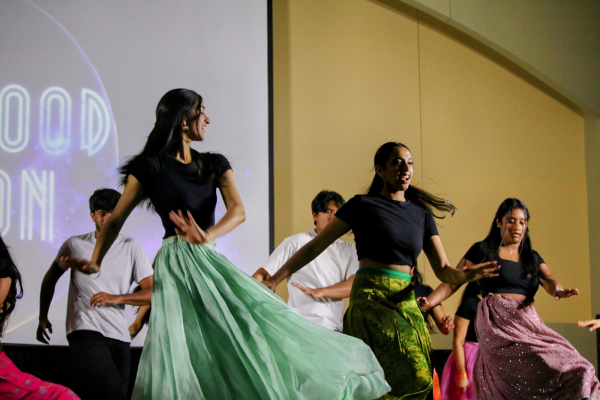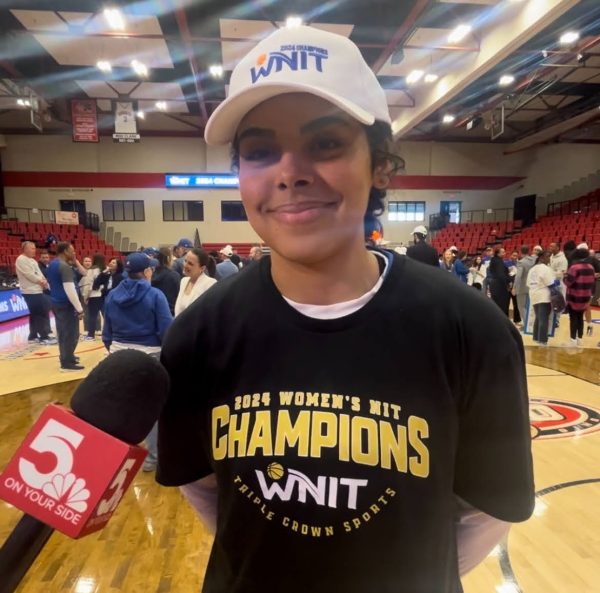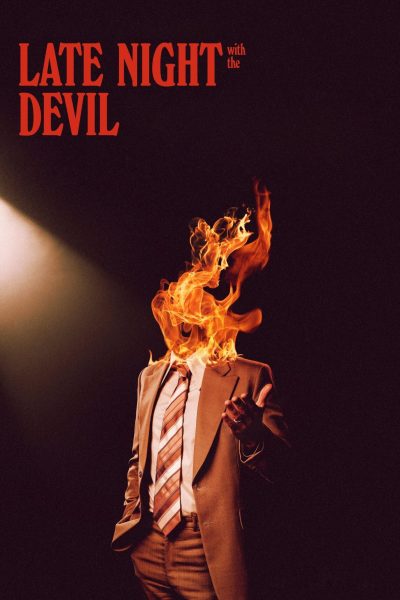Esports Unveils State-of-the-Art Game Room
Esports is one of the fastest growing sports in the world. Since 2015, around 125 universities have created varsity esports programs, and this year, SLU has joined the trend. SLU has started to recruit students for a varsity esports team that initially will compete in two games: Overwatch and League of Legends.
Students who get recruited to the competitive gaming team will be eligible for up to $2,000 in scholarships for around 12 students when the program officially launches. SLU’s Division of Student Development is providing the resources to get the esports program off the ground.
“I don’t have to know how to play esports to understand that this program makes students excited to learn and feel a deeper sense of belonging in the SLU community. That is what matters most,” said SLU President Fred P. Pestello, Ph.D.
The home of the new varsity program is a space recently converted by the university in the lower level of the Busch Student Center known as the Esports Gaming Lab. The lab features 12 stations for PC gaming and three large TV monitors with the three major gaming consoles (Xbox One, Playstation 4 and Nintendo Switch). This space will be open for general student use when the varsity team isn’t practicing.
The official ribbon cutting ceremony for the Esports Gaming Lab is on Tuesday, Jan. 28 at 3 p.m. Until the ribbon cutting ceremony, the lab is not officially open to general student use.
In an effort to help guide the efforts of SLU’s new esports team, an advisory group of students, faculty, staff and administrators was recently formed. Senior Nicholas Chiu, who was the founder of SLU’s club esports team in 2017, serves as the varsity program’s director. The eSports Club, founded by Chiu, originally started out as a club for players of Super Smash Bros, a popular fighting game. The Club has since branched out into other games to become the University-sponsored Esports team that it is today.
In regard to what led to the push for the Esports Gaming Lab, Chiu stated, “It got to the point where we needed more space and branched out to more games, there’s a huge community outside of just the Smash Bros. community, especially at SLU.”
Another factor that played a sizable role in the establishment of SLU’s esports program and the building of the lab was the reception that Chaifetz Arena’s hosting of the North American Spring Split for League of Legends last year. The event sold out Chaifetz in only two days and showcased how much of a demand there was for an esports program among the SLU community.
The Esports Gaming Lab in the BSC will serve the dual purposes as both a recreational and competitive space for gaming, at least during the first semester. The varsity side is in the back with all of the computers while the spaces with the TVs and consoles are for general student use when the varsity team is not using the space. “Eventually we’re probably going to move a bunch of these recreational video games to the Bill Grill,” said Chiu.
While this space is still in the process of construction, the plan is to put these recreational consoles in the back of Bill Grill near where the pool tables are. The idea for this renovated section of the Bill Grill with the recreational consoles is to be like a “PC cafe” where students can “get a drink, where you can get food, and sit down and relax,” according to Chiu. However, since the Esports Gaming Lab was built for SLU’s new esports program, the lab will primarily serve the purpose as a practice space for the program’s varsity teams.
With twelve state-of-the-art PC gaming stations installed as a part of the lab, Chiu believes that this space will greatly contribute to the success of the esports program. Though the technology and renovations may seem extravagant to some, the team believes it will be key to their success as a program.
“Some [players] say that when a game doesn’t run well enough you could misclick or something like that,” said Chiu, “but when you come here it’s a whole different game, [players] are in a space where they can talk to each other.” Chiu stated that this dynamic is especially important because a lot of online gaming is usually played alone, where players communicate over headset but not in person.
“[The lab] is really nice for players to talk one-on-one and really go over the problems they have as a team but also as students as well,” said Chiu. Chiu made the point that having a designated space and time to practice esports will provide more structure in the schedules of his players that they can use to carry over into success in the classroom as well.
For more information about SLU’s varsity collegiate esports program, email Chiu at [email protected]. Students who are interested in recreational or competitive gaming on campus can also join SLU’s esports group on Discord.
Your donation will support the student journalists of Saint Louis University. Your contribution will help us cover our annual website hosting costs.


